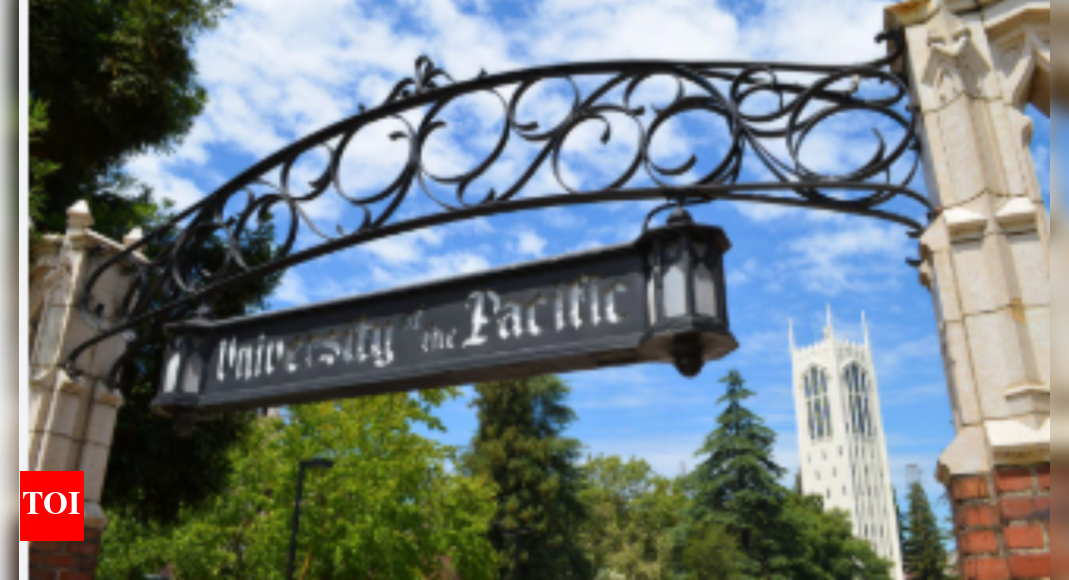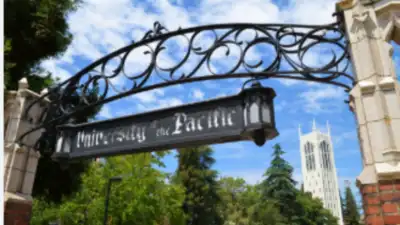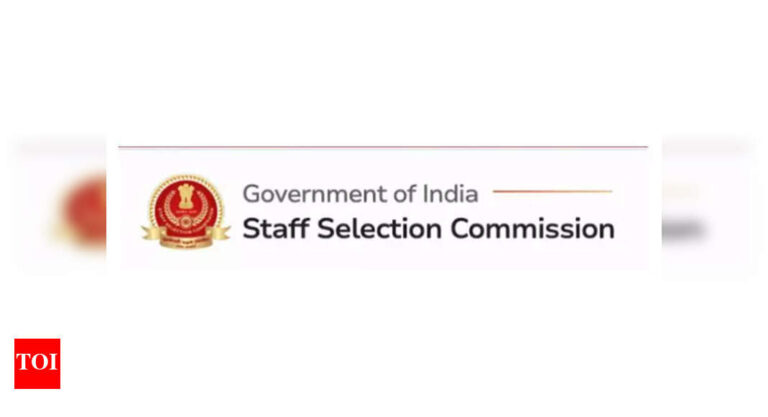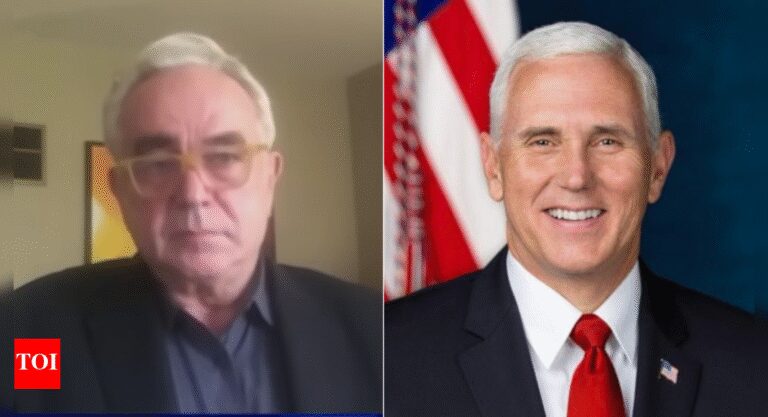
Across the United States, colleges and universities are grappling with a deepening funding crisis. Shrinking federal and state budgets, rising operational costs, and the expiration of pandemic-era relief funds have left many institutions slashing programs, cutting staff, and tightening financial aid. Elite institutions like Harvard face potential losses nearing $1 billion annually due to cuts in research grants and new taxes on endowments. Columbia has also lost $400 million in federal funding, leading to major reductions in staff and halts in research projects.For low-income and first-generation students, these cutbacks threaten to close doors that were only recently opened. Amid this wave of reductions in America’s education sector, one California university has secured a rare and crucial victory for those breaking new ground in their families. For many students in Stockton, stepping onto a university campus is not merely about earning a degree; it is about rewriting family history. In homes where no one has completed higher education, a diploma can feel as distant as the moon. The University of the Pacific (UOP) has now been awarded nearly $2 million in renewed federal funding, ensuring that first-generation learners don’t just enter higher education, but they have the resources to cross the finish line.
University of the Pacific: A legacy rooted in firsts
Founded in 1851 as California Wesleyan College, Pacific holds the distinction of being California’s first university. Over its history, it has pioneered numerous milestones, including the state’s first independent co-educational campus, the first conservatory of music on the West Coast, and the first medical school in the region. Originally based in Santa Clara before moving to San Jose in 1871 and finally settling in Stockton in 1923, Pacific now stands as the first private four-year university in California’s Central Valley.Today, the university’s reach extends beyond Stockton, with graduate campuses in San Francisco and Sacramento, and a portfolio of schools ranging from business and engineering to dentistry, law, and health sciences. It also houses the treasured archives of environmentalist John Muir, preserving his papers in the Holt-Atherton Special Collections and inspiring new generations through its John Muir Center and dedicated museum-style exhibits.Against this backdrop of history and innovation, Pacific’s latest funding renewal underscores its enduring commitment to opening doors for those who have historically been excluded from higher education.
TRiO: The programme that changes the odds
At the heart of this development is Success TRiO, a federally funded initiative that has long served as a safety net for students from low-income and underrepresented backgrounds. The $1.7 million grant, distributed over the next five years, will support 200 students annually with academic guidance, financial literacy training, mentoring, and emotional support, the very tools that can make or break a first-generation student’s college journey.Until recently, the programme’s future was uncertain. With federal education budgets under strain, TRiO staff had braced themselves for the possibility of losing the funding that sustains their work. The grant renewal is not just a budget line; it is a lifeline.
Why first-generation students need more than just tuition
First-generation learners face a unique set of pressures, working part-time to support their households, navigating unfamiliar academic systems, and often carrying the expectations of an entire family. While tuition assistance is vital, programmes like TRiO go further, offering a holistic network of academic and personal support that helps these students persist through challenges that statistics say should derail them.
The ripple effect of one graduation
For TRiO Director Rosie Montes, herself a first-generation graduate, the stakes are deeply personal. Every student who earns a degree sends a message to siblings, cousins, and community members that higher education is not just for the privileged, it is within reach. The impact extends beyond the individual, shifting mindsets and possibilities for generations to come.
A victory in a time of uncertainty
In an age when educational programmes across the US are seeing their budgets slashed, the renewal of TRiO’s funding is more than a momentary reprieve. It is a statement that targeted investment in first-generation students can break cycles of limitation and open doors to opportunity. For the 1,000 students who will benefit over the next five years, it is proof that their ambition is worth backing, and that their first step into higher education will not be their last.








